Sign up to get the Sloww Sunday newsletter via email for free:👇
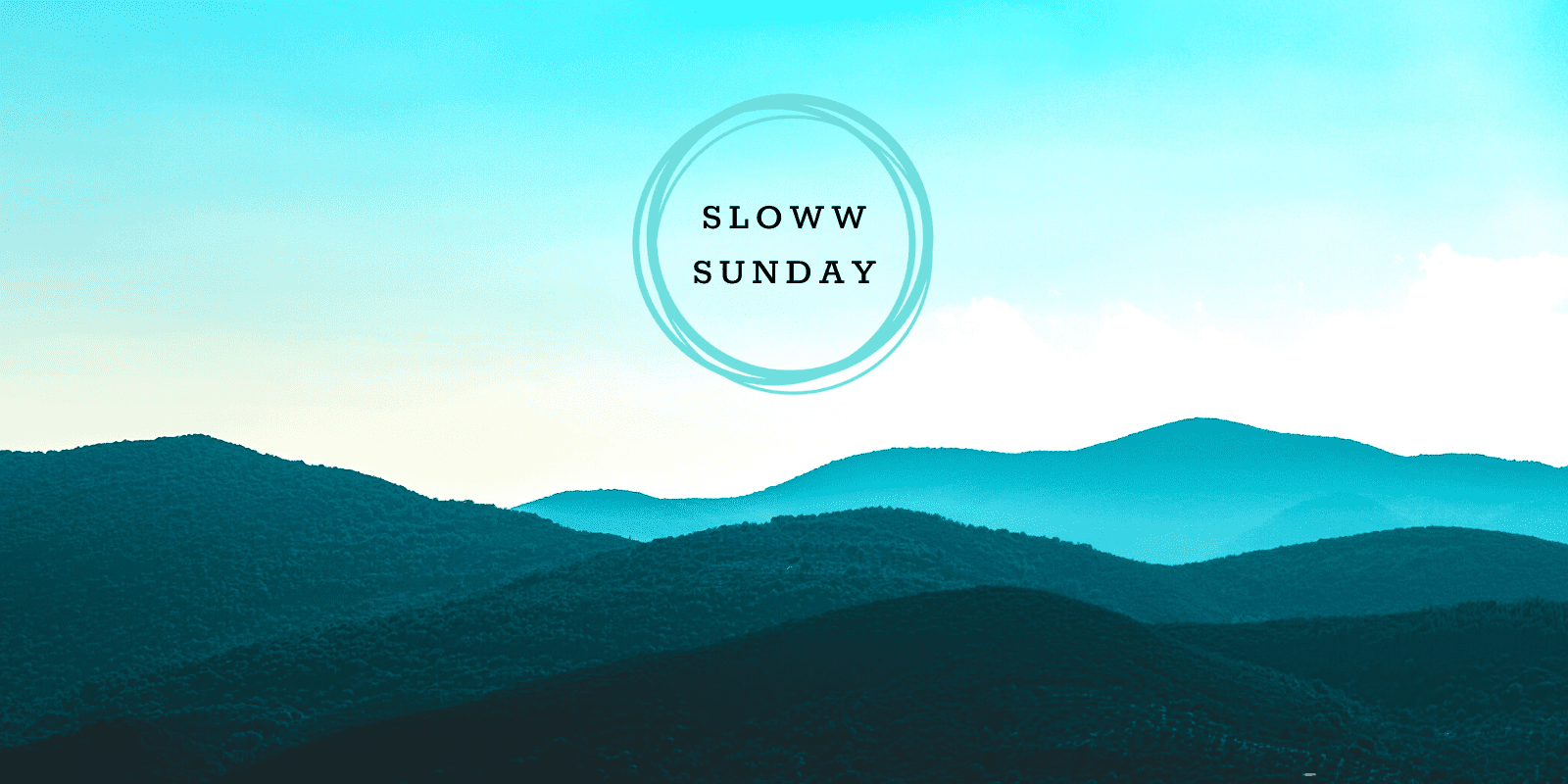
Sloww Sunday Newsletter 201 (Nov 3, 2024) — Mature Ego, Awakening Stages, Open Individualism, & More
Sloww exists to share the art of living with students of life. The Sloww Sunday newsletter delivers my latest and greatest creations and curations to 10,000+ lifelong learners every week. If you enjoy this issue, please help grow Sloww by sharing this newsletter with others.
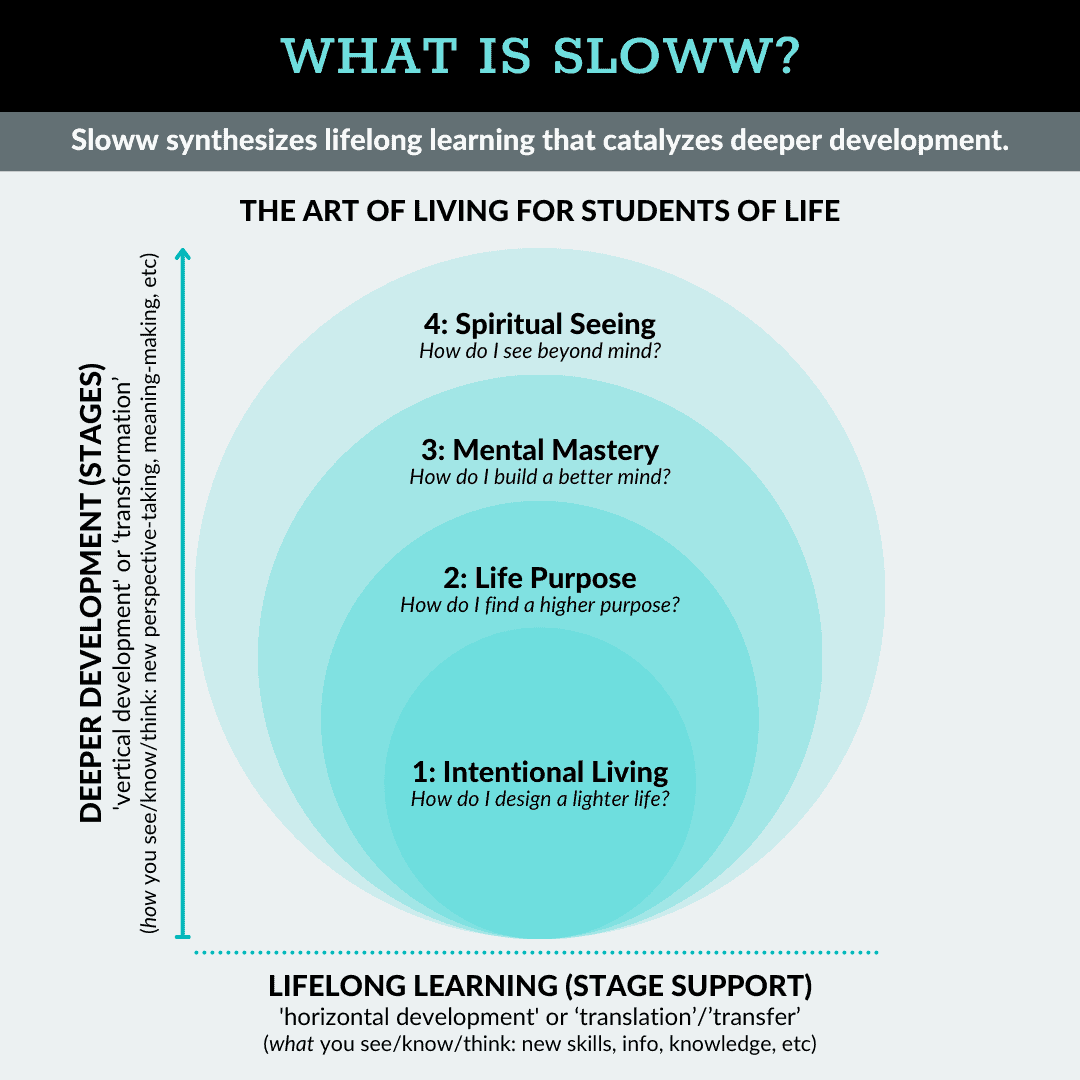
📘🌀 Lifelong Learning & Deeper Development
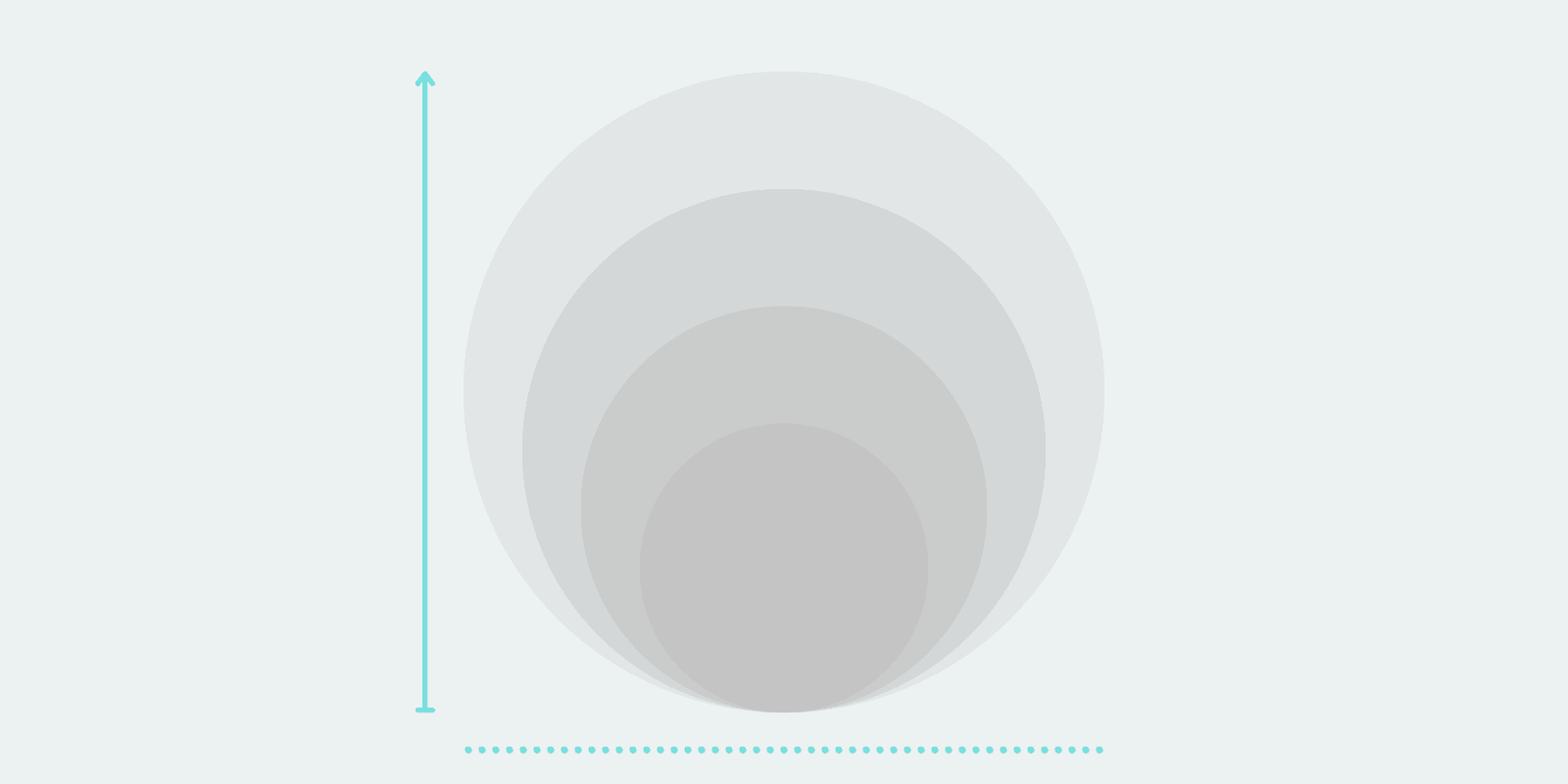
Best Book of the Year
Here’s my pick for book of the year along with a brand new book summary: Postautonomous Ego Development by Susanne Cook-Greuter (Book Summary). If you want to better understand yourself and others, this is an absolute must-read.
The book summary gives an overview of ego development theory along with conventional, postconventional, postautonomous, and transcendent development. The new Premium Summary (🔒) goes a step further with detailed descriptions of: Autonomous Stage 5, Construct-Aware Stage 5/6, and Unitive Stage 6.
- “The sense of exhilaration and déja-vu I felt when I first encountered (Jane Loevinger’s) ego development theory was extraordinary. Finally, there was a theory that explained the world to me in a way that made more coherent sense of more human behavior than any other I had encountered. In many ways, it helped me to map my own perceptions, reactions, feelings, and thoughts … Ego development theory seems to resonate with many people, especially its description of the phenomenon of the search for identity and the many changing forms it takes. It has a quality of verisimilitude or lebensnähe (closeness to life).” — Susanne Cook-Greuter
🔒 Sloww Premium Deep Dive:
- How to Develop a Mature Ego with “Postautonomous Ego Development” by Susanne Cook-Greuter
- Behind the Scenes: My Ego Development Theory Self-Assessment
- Behind the Scenes: How my Personal Development Journey maps to Ego Development Theory (Sloww Stages vs EDT Stages)
0️⃣ Sloww Stage Support Explore More: 50+ posts on Lifelong Learning & Deeper Development
🧠 Sloww Stage Support Featured Product: Synthesizer Course: The Flagship Course for Synthesizing Minds (the most important mind of the future)
🌎 Intentional Living
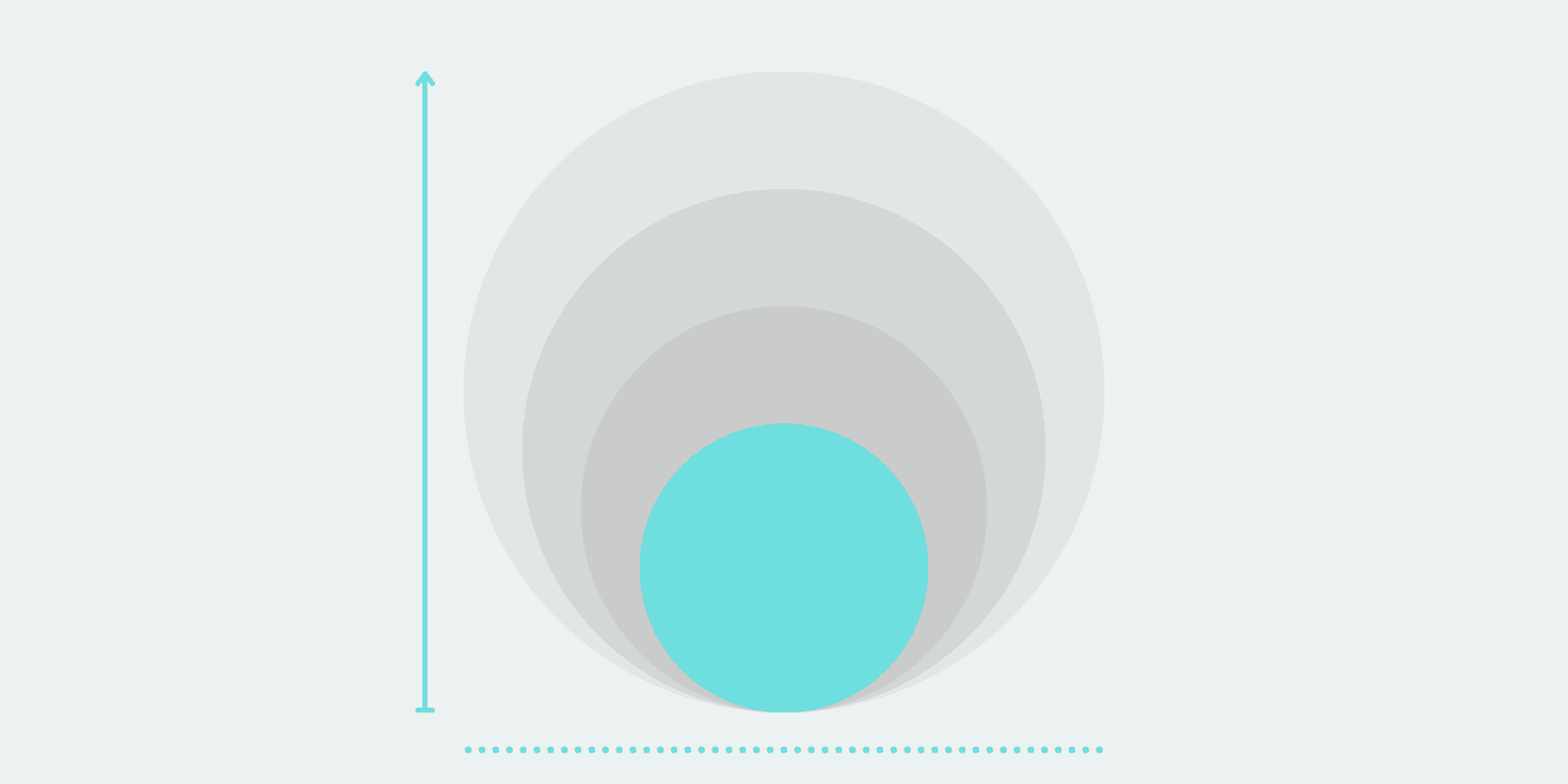
Inspirational & Intentional Quotes
One of the things I did in the early years of Sloww (2015-2018) was curate pages of the best intentional living quotes. I still revisit these from time to time for inspiration. Check them out, and I guarantee you’ll discover a few new favorites:
- Busy Quotes
- Choice & Priority Quotes
- Contentment Quotes
- Minimalism Quotes
- Simple Living Quotes
- Slow Living Quotes
- Solitude Quotes
- Time Quotes
1️⃣ Sloww Stage 1 Explore More: 100+ posts on Intentional Living
😃 Sloww Stage 1 Featured Product: The Hierarchy of Happiness: 100+ Powerful Perspectives on How to be Happy (Free eBook)
🧭 Life Purpose
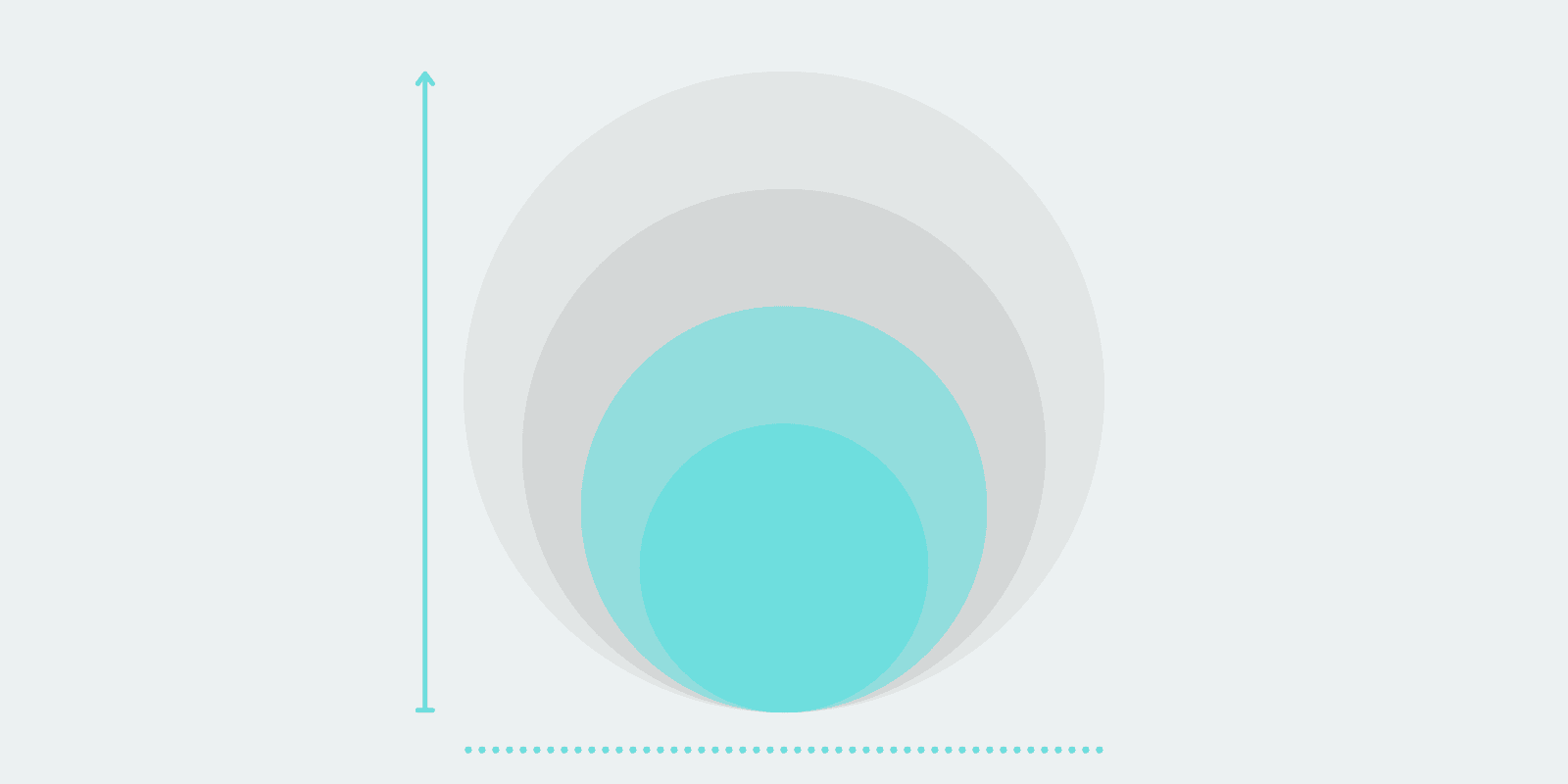
To Me → By Me → Through Me → As Me
I recently came across this visual:
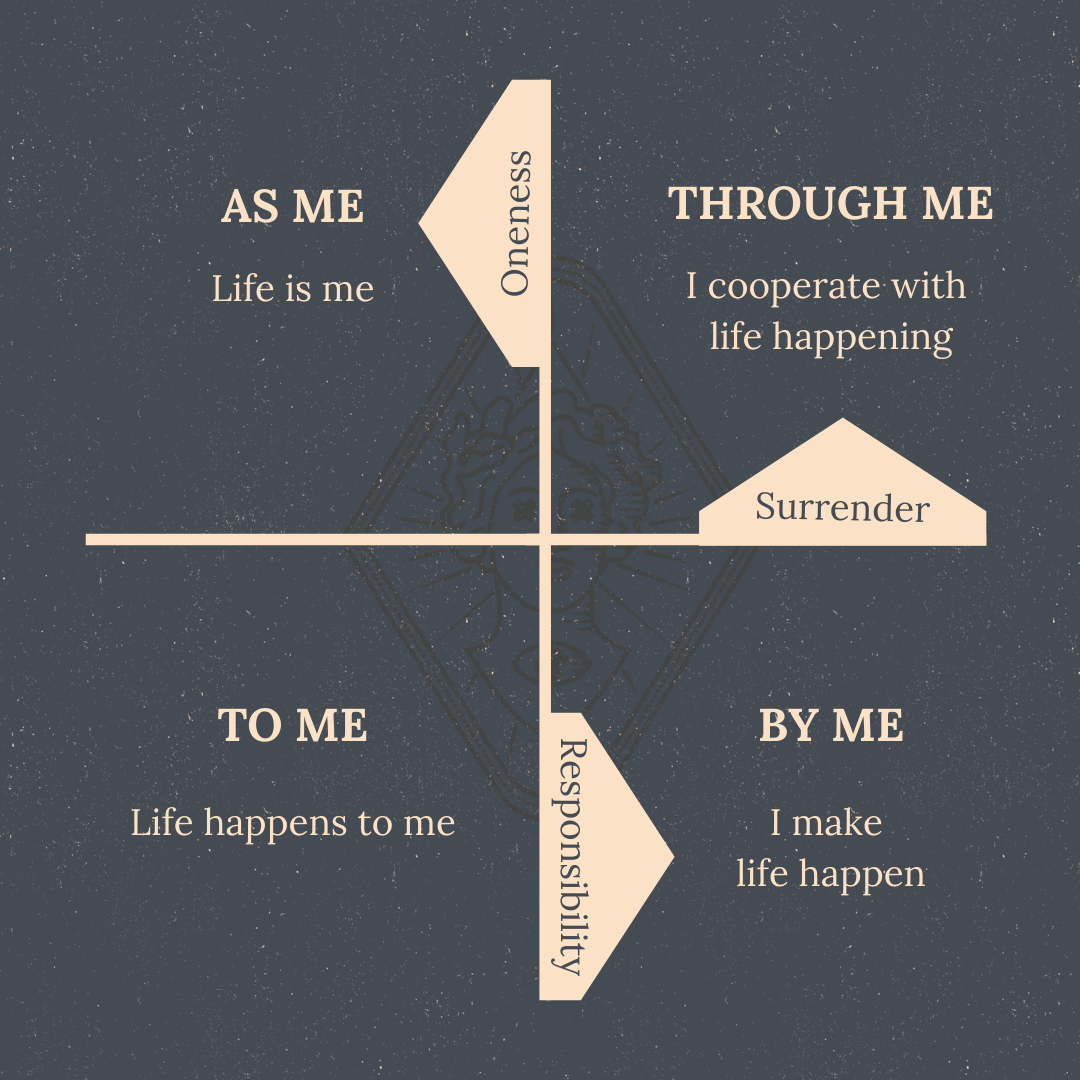
I decided to dig deeper into the original source and was led to Michael Beckwith:
Going further, it looks like the Conscious Leadership Group updated and expanded them:
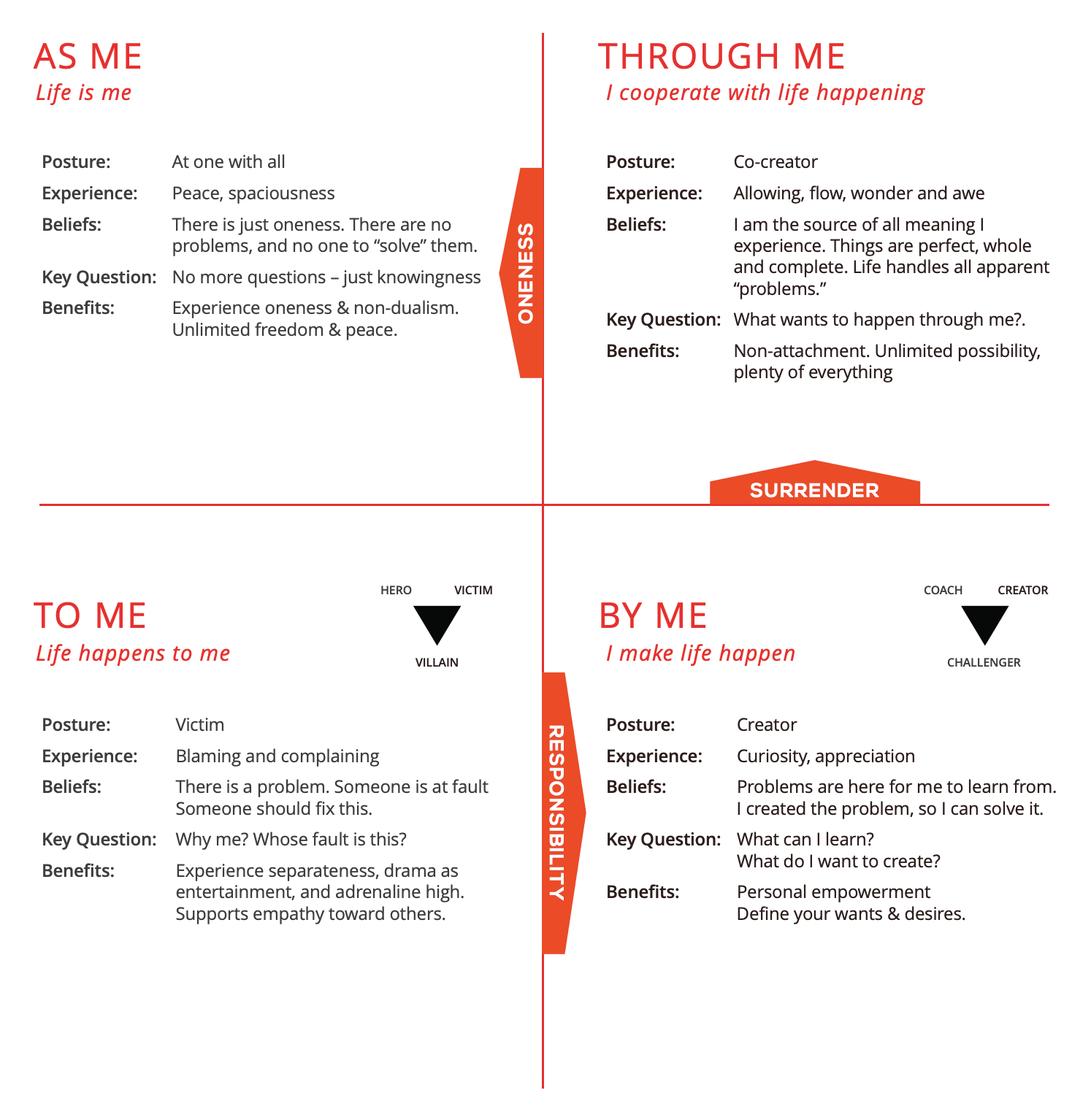
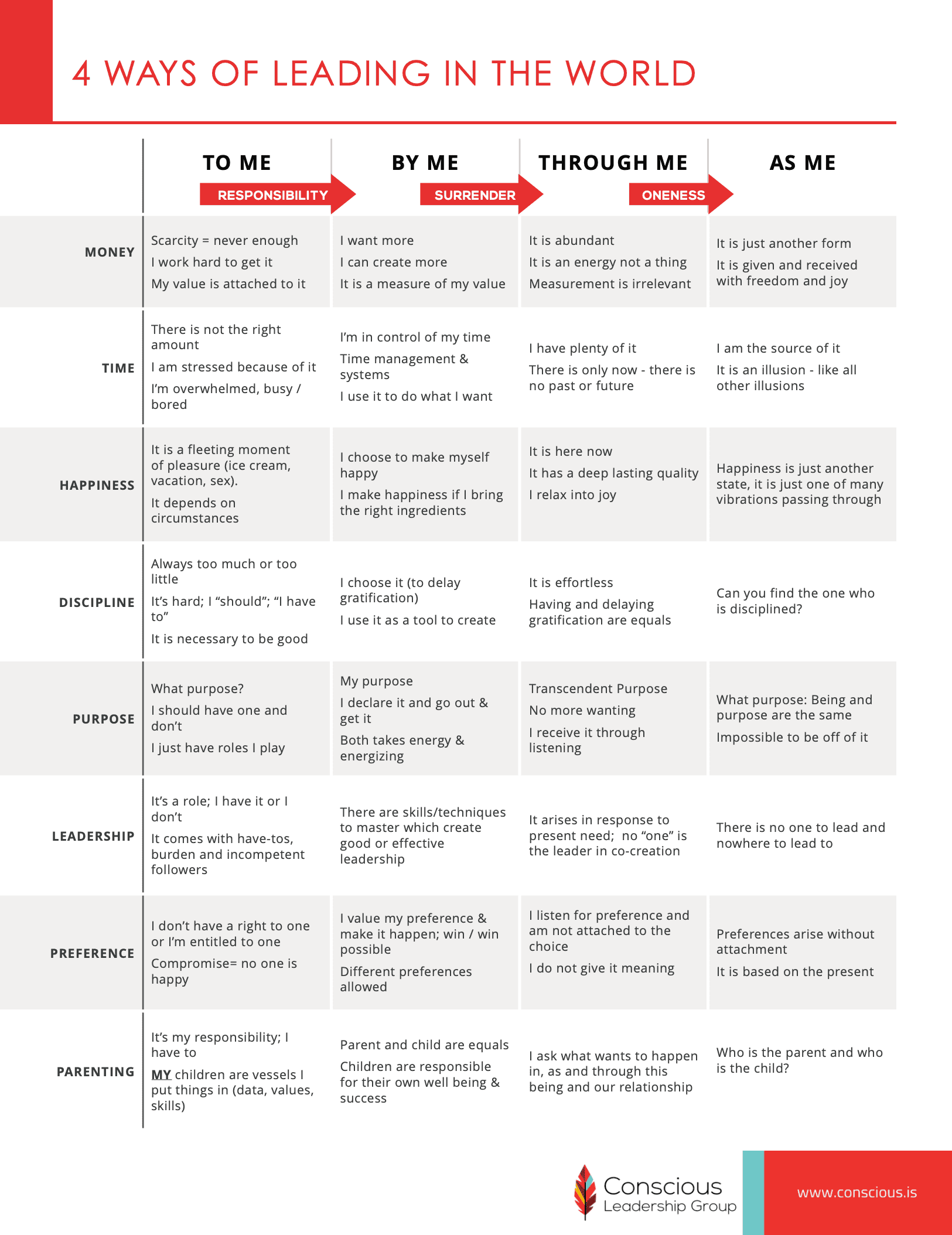
2️⃣ Sloww Stage 2 Explore More: 50+ posts on Life Purpose
🧭 Sloww Stage 2 Featured Product: Ikigai 2.0: A Step-by-Step Guidebook to Finding Life Purpose & Making Money Meaningfully (+ Bonus Workbook)
🧠 Mental Mastery
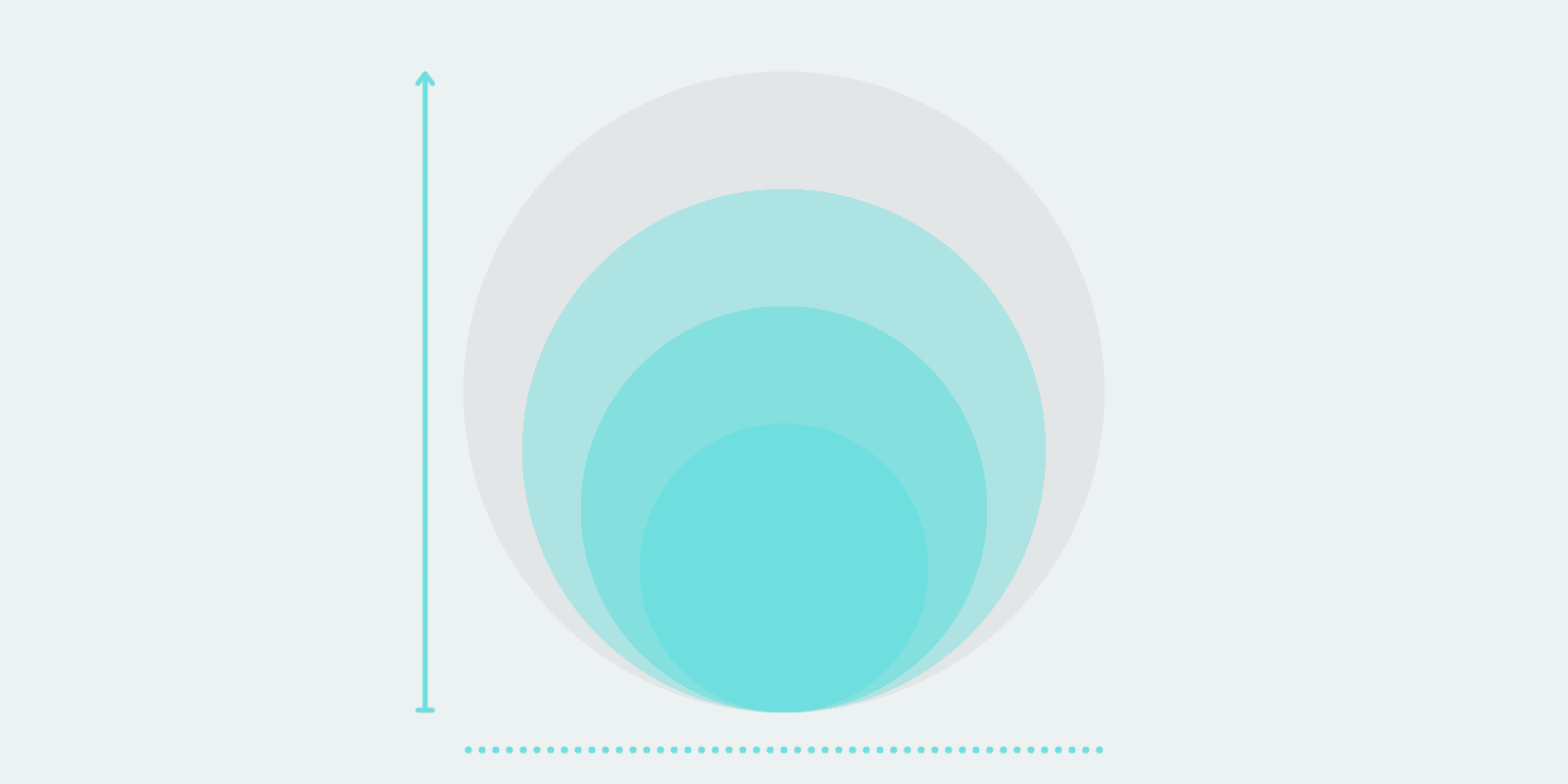
What is Open Individualism?
The previous newsletter covered the concept of “Generic Subjective Continuity” (GSC) from philosopher Tom Clark. If you’re interested in deep philosophical questions about the nature of personal identity and the self, pair it with the related concept of “Open Individualism” (OI) popularized by philosophers Daniel Kolak and Arnold Zuboff (although the latter refers to it as “universalism”). To go deeper, there’s also a Wikipedia page, Reddit subreddit, and Facebook Group.
You may notice similarities with Advaita Vedanta (tat tvam asi = that thou art = you are that), Alan Watts, Schopenhauer & Schrödinger (on my reading list), and the short story The Egg by Andy Weir.
OI Overview:
- Closed Individualism: The common view of identity that each person is a distinct, separate self that is continuous from birth to death.
- Empty Individualism: The view that each moment of consciousness is its own isolated experience without an enduring self that persists over time (the self is an illusion).
- Open Individualism: The view that there is only one singular/universal self/consciousness that is everyone (one subject of experience shared by all conscious beings).
3️⃣ Sloww Stage 3 Explore More: 100+ posts on Mental Mastery
🧠 Sloww Stage 3 Featured Product: Mini Mind: 365 Days of Bite-Size Brain Food
☯️ Spiritual Seeing
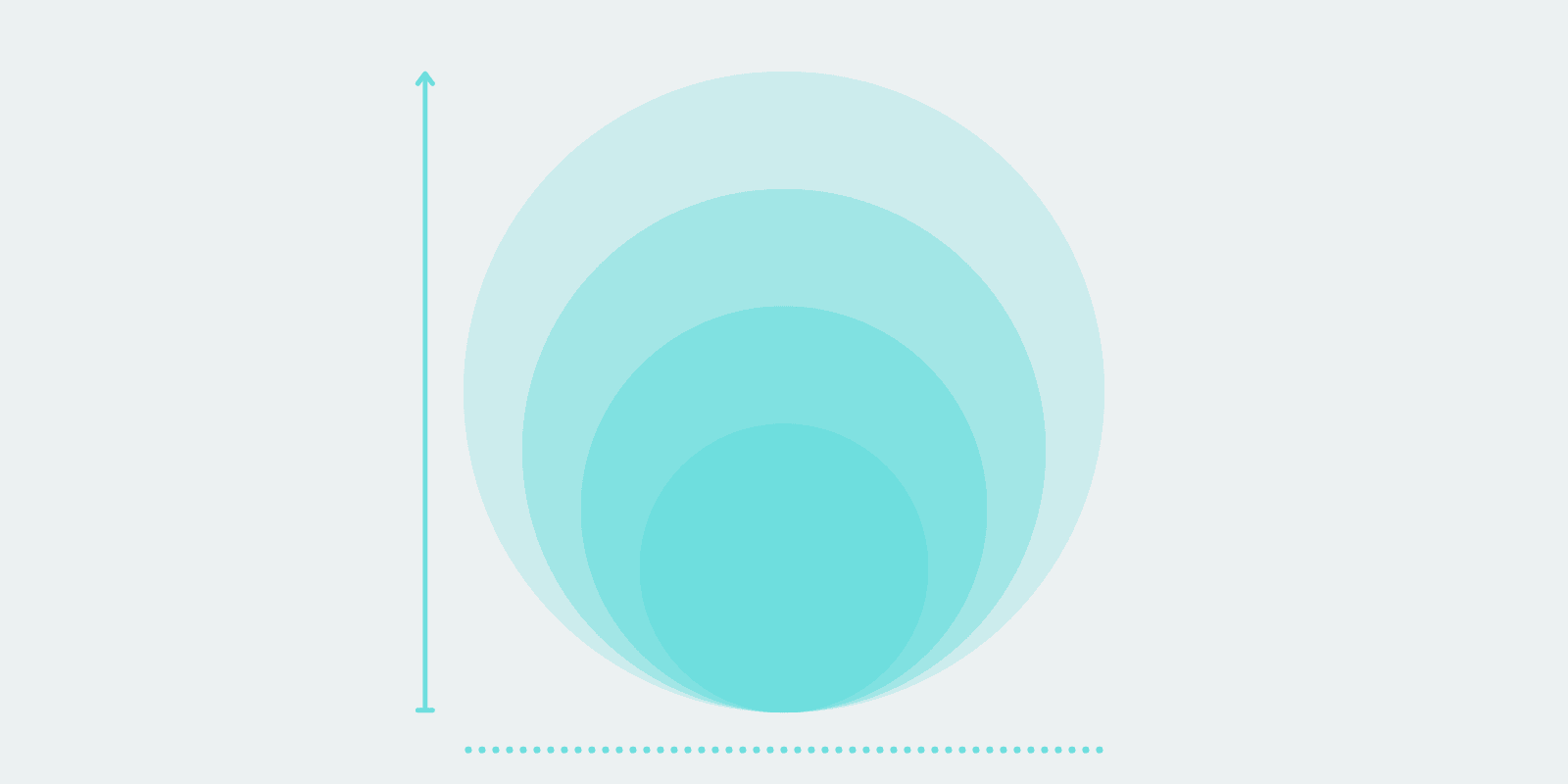
“You have to be somebody before you can be nobody”
That’s a quote from Jack Engler that happens to be included in both Transcend by Scott Barry Kaufman (Book Summary) and Postautonomous Ego Development by Susanne Cook-Greuter (Book Summary). As usual, things always get more interesting when you investigate the source material. So, I looked up the original quote from Engler which appeared in The Journal of Transpersonal Psychology (1984 article):
- “You have to be somebody before you can be nobody. The issue in personal development as I have come to understand it is not self or no-self, but self and no-self. Both a sense of self and insight into the ultimate illusoriness of its apparent continuity and substantiality are necessary achievements … The attempt to bypass the developmental tasks of identity formation and object constancy through a misguided spiritual attempt to ‘annihilate the ego’ has fateful and pathological consequences … The one tradition has emphasized the importance of becoming somebody (psychodynamic thought); the other, the importance of becoming nobody (Buddhist thought). As I have come to understand it as a psychologist in both traditions, both a sense of self and a sense of no-self seem to be necessary—in that order—to realize that state of optimal psychological well-being.” — Jack Engler
Engler then clarified his thinking in Psychoanalysis and Buddhism edited by Jeremy Safran (2003 book). The first chapter by Engler is titled “Being Somebody and Being Nobody: A Reexamination of the Understanding of Self in Psychoanalysis and Buddhism” (fair warning, it’s pretty deep and dense):
- “‘You have to be somebody before you can be nobody.’ I wrote this nearly twenty years ago in an attempt to summarize my first effort at integrating two perspectives that appeared irreconcilable at the time: Buddhist teaching about no-self and newer psychodynamic thinking about the importance of self-development in object relations theory and self psychology … The first part of my essay accepts the main point of the criticism, but still argues the importance of being ‘somebody’—that is, facing crucial developmental or life tasks head on instead of attempting to avoid them in the name of spirituality or enlightenment. The second part makes the case for the importance of being ‘nobody’—recognizing that the integration or enhancement of the self is at best a resting place, not the goal, that the experience of being or having a self is a case of mistaken identity, a misrepresentation born of anxiety and conflict about who I am.” — Jack Engler
Lastly, there’s not much video content of Engler online, but I did find a short video series from 2016 titled “Self and Not-Self” (Part 1, 2, 3, 4). Here’s a highlight:
- “What I meant by that epigram ‘you have to be somebody before you can be nobody’ was you can’t spiritually bypass the ordinary developmental and emotional issues in your life. They’re not only there, but they need to be part of practice as well—so that everything in your life becomes practice. Not the worldly stuff over here and the spiritual stuff over here—that kind of internal split usually leads to not good spiritual practice and not working through or resolving personal issues … Buddhism never aimed its critique of the self at the psychological self, as far as I can see. The Buddha and the disciples around him seemed to have very strong psychological selves … The Buddhist critique was aimed at the ontological self—that there is no thing that one can grasp hold of, no entity, no being.” — Jack Engler
To sum it all up:
- “It’s not (ego) elimination, but integration.” — Jack Engler
4️⃣ Sloww Stage 4 Explore More: 100+ posts on Spiritual Seeing
👣 Sloww Stage 4 Featured Product: Wise Walk: Growing Wiser while Moving More in 2024
💬 Final Thought
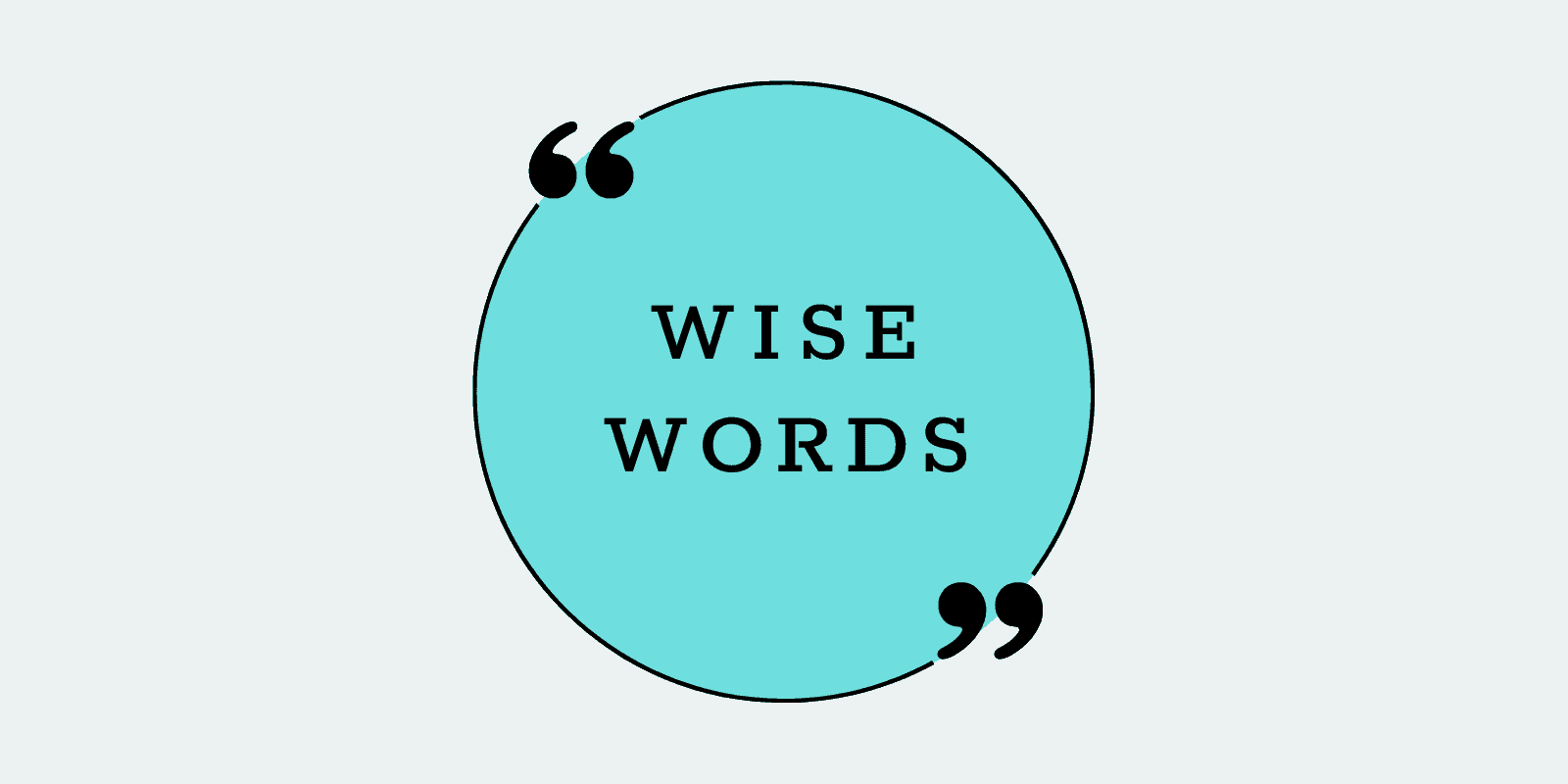
A few favorites from Joseph Campbell:
- “People say that what we’re all seeking is a meaning for life. I don’t think that’s what we’re really seeking. I think what we’re seeking is an experience of being alive … so that we actually feel the rapture of being alive.” — Joseph Campbell
- “We are so engaged in doing things to achieve purposes of outer value that we forget that the inner value, the rapture that is associated with being alive, is what it’s all about.” — Joseph Campbell
- “The goal of life is to make your heartbeat match the beat of the universe, to match your nature with Nature.” — Joseph Campbell
- “The landscape and the conditions of the environment match the readiness of the hero. The adventure that he’s ready for is the one that he gets.” — Joseph Campbell
- “We must be willing to get rid of the life we’ve planned, so as to have the life that is waiting for us. The old skin has to be shed before the new one can come.” — Joseph Campbell
Share: Sloww Sunday currently sends to 10,000+ students of life each week. If you enjoyed this issue, please help grow Sloww by forwarding this newsletter to some friends and family. It’s free for them to subscribe here.
Support: Sloww is a one-human labor of love (it’s just me over here 👋). Your support keeps the site ad-free and invests in me while you invest in yourself—a true win-win! There are free and financial ways to support.
Speak: Have something you want to say, or just want to say hi? It’s always greatly appreciated. Just leave a comment or reach out socially.
All the best,
Kyle Kowalski
Founder, Sloww




